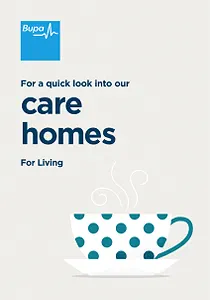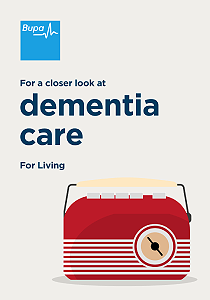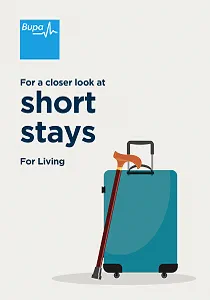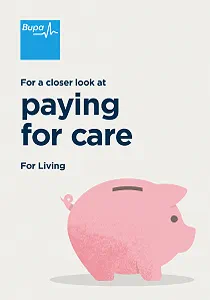Life in a Bupa care home
our care homes to life. Each of them offer a warm welcome to anyone coming to stay.
Make yourself at home
We tailor our care homes around our residents, everything from the meals they like, activities they enjoy and their preferred bedtime.
A warm welcome
When a new resident arrives they’ll be met by their key carer, who’ll give them a guided tour of their new home. They’ll also tell them about meal times, activities and introduce them to some of the other residents and members of staff.
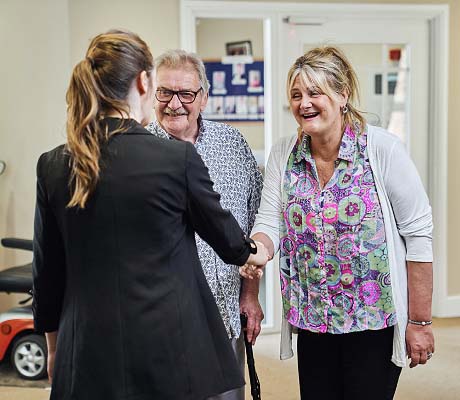
Personalised care plan
When a new resident joins us, we make getting to know them and their relatives a top priority. This helps us to build a picture of how they’d like to be supported day-to-day, so we can create a personalised care plan.
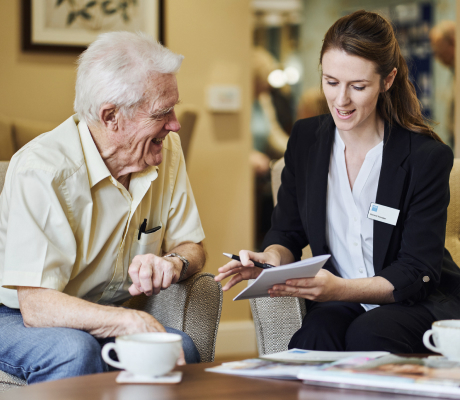
Stay connected through digital
We appreciate how hard it can be for residents and families during this unprecedented time, which is why we’re helping our residents use video technology to keep everyone connected.
We’re also offering virtual tours of our care homes, allowing you to step into our homes from the comfort of your own home. Each of our tours will help you get a feel for the home, with access to our communal spaces, bedrooms and facilities.
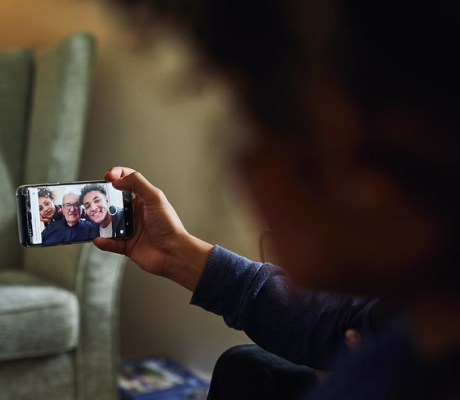
Fresh, healthy food
Mealtimes are an important part of daily life in our homes. Our chefs carefully select a different menu for each day of the week, making sure our residents enjoy a variety of our home cooked dishes.
Our chefs always use fresh ingredients to prepare delicious, nutritionally-balanced meals throughout the day and night.

| Families and friends welcome at any time |
| Home cooked food and a daily choice of menus |
| Enjoy your favourite tipple with dinner |
| Daily activities arranged for you to enjoy |
| Hair and beauty appointments to allow some pamper time |
| Enjoy the privacy of your own room, or spend time with other residents, as you wish |
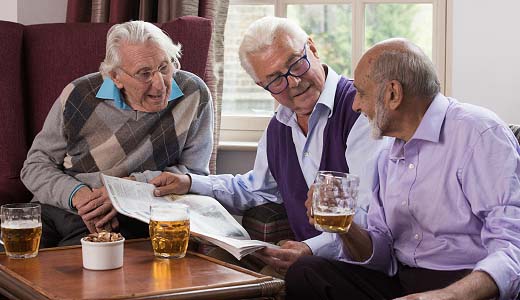
Daily treats
"From morning coffee and freshly baked cakes, afternoon tea and evening snacks, there's always something to tempt the tastebuds"
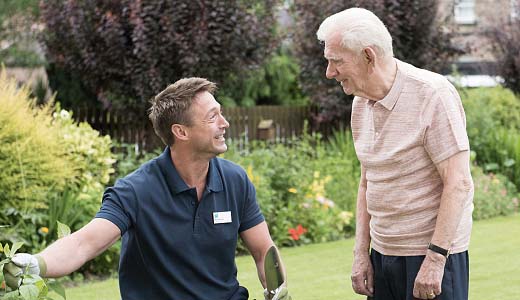
A fulfilling life
“We want life in our homes to be as active and engaging as our residents want it to be. Clubs, special events and trips out are tailor-made to our residents. They can join in when they choose and so can you and your family”
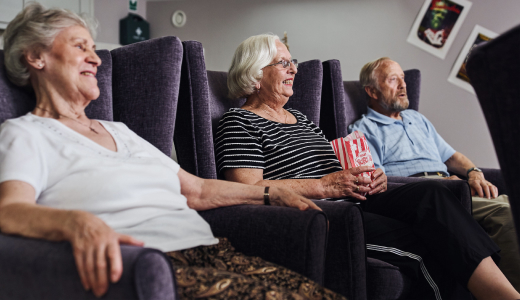
Activities and events
“Each of our homes plan their social calendar around their residents needs and what they enjoy, covering everything from quizzes and crafts to darts and boccia.”
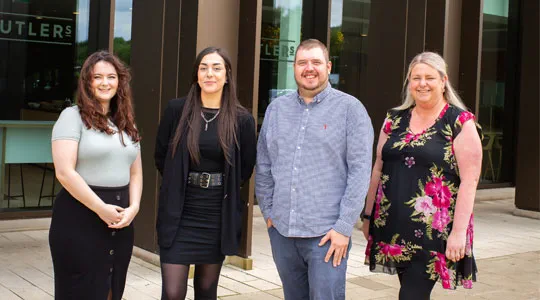
Help when you need it
Choosing a care home can be stressful, especially if you've never done it before. Where do you start? Well, right here. Our helpful, understanding care advisers offer free advice on anything from funding to finding just the right home.
Call a customer care adviser on 0370 218 7714 ^
Ask us to assess your situation and talk to you about paying for care, and how funding works.
Find care homes that might be right for you, and book one or more visits.
^ Lines are open 8am to 6.30pm Monday to Friday, 9am to 12.30pm Saturday. Closed Sundays and bank holidays. Calls are charged at no more than local rate and count towards any inclusive minutes from mobiles. We may record or monitor our calls.
